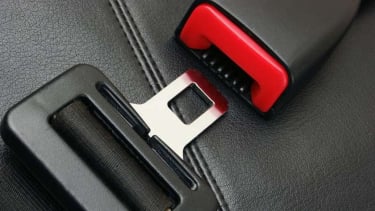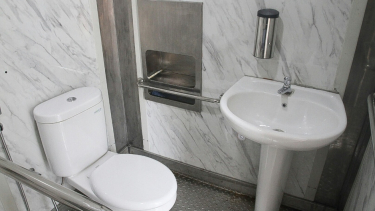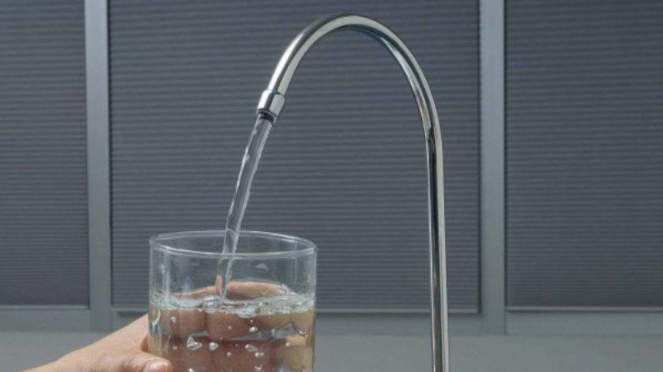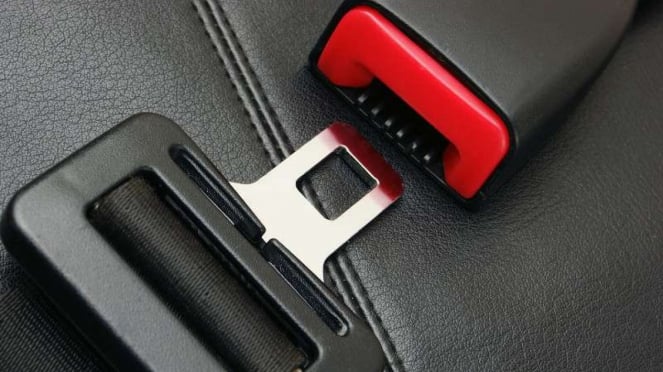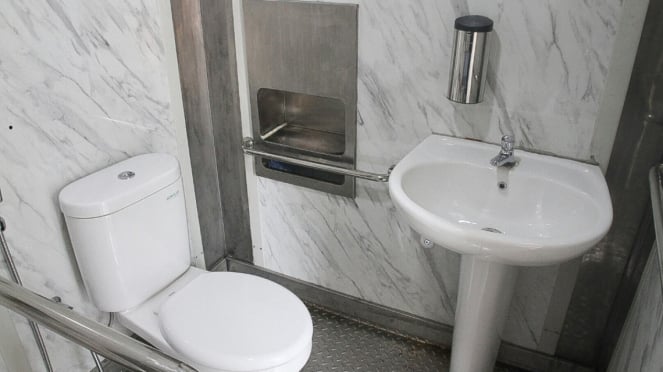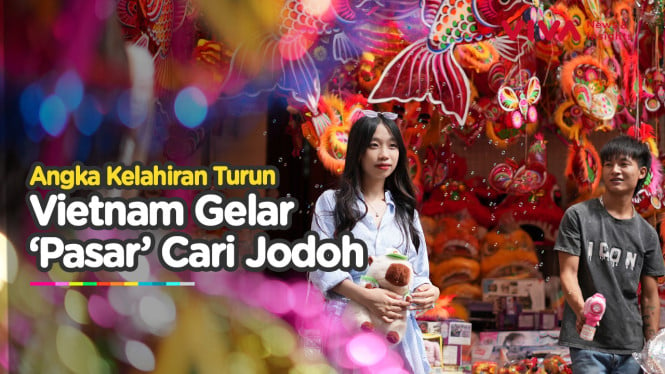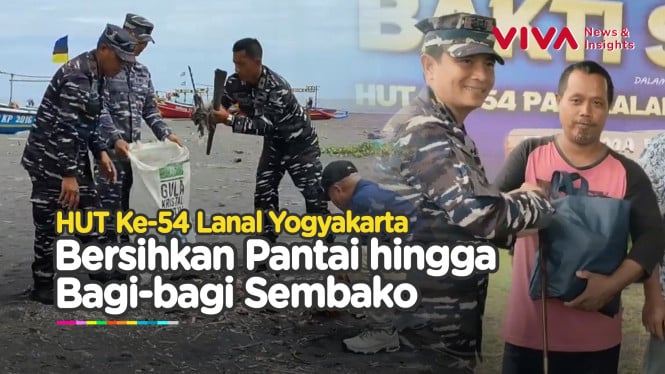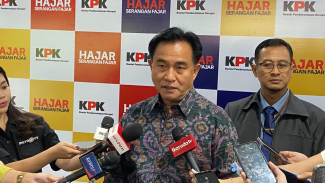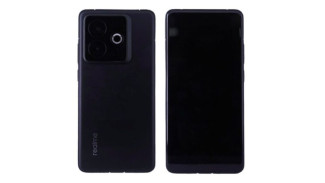Various Culture Shock Indonesians VS Australians
- Instagram @real_ani_ibu_rt
VIVA – Culture shock is something that people experience when they move to a new or unfamiliar environment. In other words, culture shock is a term used to describe what happens to people when they encounter unusual environments and conditions.
There is interesting content from a married couple who come from different cultural backgrounds. Ani Lestari is a woman from Blitar, East Java who is married to her husband from Sydney, Australia. Both of them create culture shock content in Indonesia vs Australia in everyday life.
She shared the content through video uploads on her Instagram account @real_ani_ibu_rt. Well, here are various culture shocks of Indonesians staying in Australia.
1. Mall Closes at 5 p.m.
Ilustrasi shopping mall
- Pixabay
First, Ani Lestari explains that the culture shock she felt when she was in Australia was that most of the malls there closed early at 5 p.m. This is certainly different from the opening hours of malls in Indonesia, which are usually open until late at night, closing at 10 p.m. on average.
2. Invited Guests to Pay Their Own Bill
Ilustrasi bertamu.
- U-Report
Second, the culture shock that Ani felt when she was in Australia, which furthermore was that a guest who was invited to an event such as a birthday party, or dinner and others had to pay their bill even though they were invited.
3. Can Drink from Faucet Water
keran air
Third, in Australians can drink water from the faucet without the need to cook it first. So, everyone can drink water anywhere and anytime if they feel thirsty.
4. All Car Passengers Wear Seat Belts
Sabuk pengaman atau seat belt.
- Insurancejournal
Australia is known to have quite strict traffic rules, so all passengers in the car must also wear a seat belt, including passengers sitting in the back and children. However, children must use an age-appropriate car seat for safe driving.
Meanwhile, it is not only Indonesians who feel Culture Shock when living or meeting Australians. On the contrary. Australians also experience culture shock when they meet Indonesians and learn what Indonesians are doing.
1. Scrape When Sick
Pengobatan Kerokan
- http://berhalakata.wordpress.com
Then, the husband, who is known to be from Sydney, Australia also felt culture shock while in Indonesia. As known, most Indonesians still use the traditional method of scraping or local people known as Kerokan when sick.
2. Eat Rice Three Times a Day
Ilustrasi nasi putih
- pixabay
Indonesian people certainly cannot be separated from the name of rice to meet food intake for the body. Rice itself is a staple food that is eaten three times a day or even more.
3. Visit Without Make an Appointment
Visiting has also become a culture in Indonesia as a form of friendship with others or the closest people. In Indonesia, guests can visit anytime and come right away, but it is not for Australians who have to make an appointment in advance.
4. Seatbelts are Only Used for Front-Seating Passengers
Most Indonesians who use seat belts when riding in a car are those who sit in the seat, namely the driver and one passenger. While those sitting in the back do not wear them so they can do many things such as dancing, singing, and others.
5. Still Using Toilet Water Spray Hose
Ilustrasi Toilet atau WC
- VIVA.co.id/M Ali Wafa
As known, most toilets in Indonesia still use a water spray hose in the toilet to clean themselves after urinating or defecating. While abroad, such as in Australia, they only use toilet paper to clean themselves.
6. Not All Toilets Provide Tissue
Ilustrasi Tisu Toilet.
Generally, in toilets, both at home and public, they provide toilet paper to clean themselves after urinating or defecating. However, not all of them have implemented it in Indonesia, especially in small public places.





